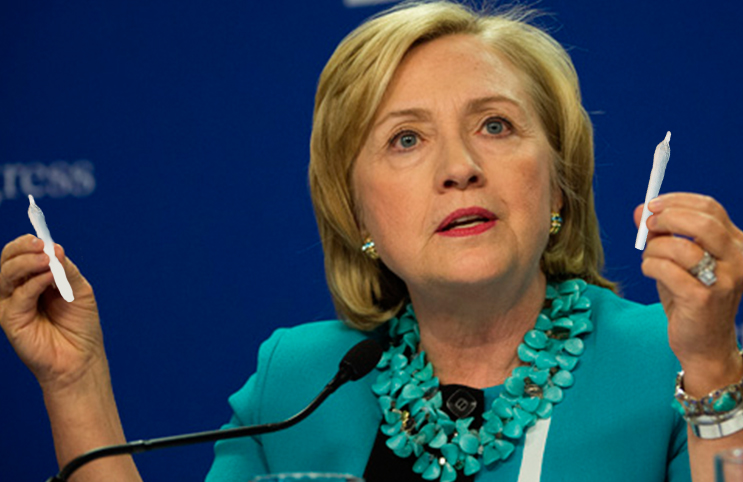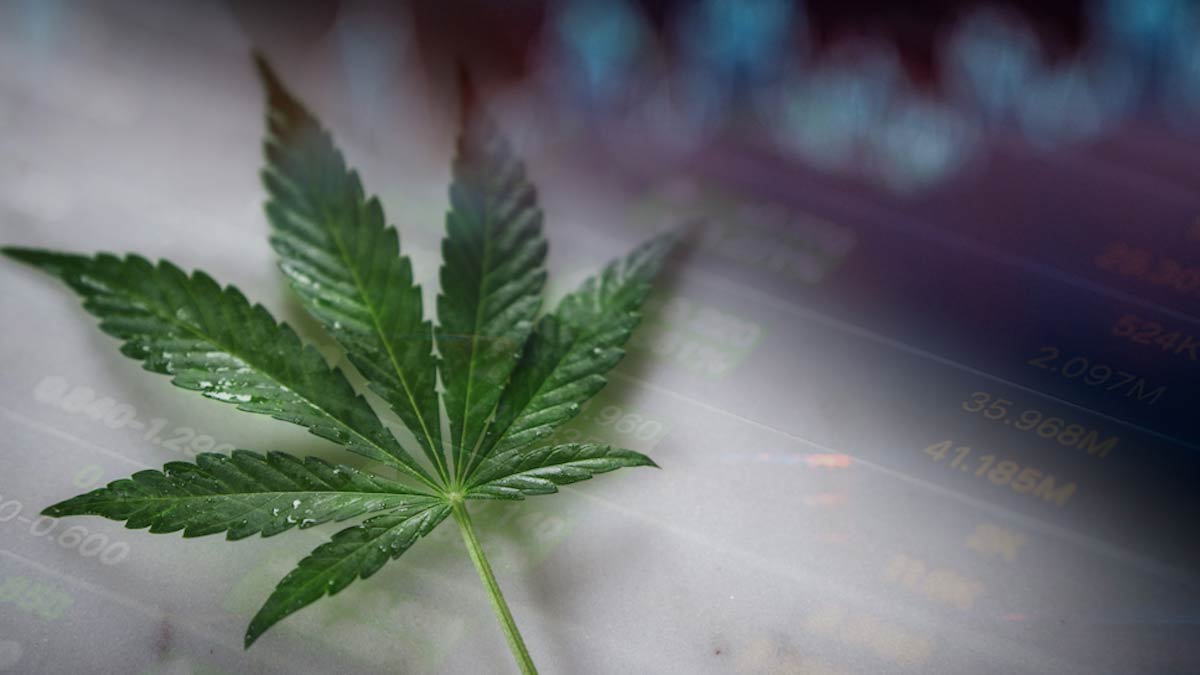California lawmakers have been working to propose a tax cut that would effectively help to slow down the large black market that has formed within the new legal pot industry. Legal cannabis has entered the scene in quite a large way over the course of the past year or so, with many states now following the lead of Colorado and Washington’s move for recreational marijuana.
Recently, assembly members Tom Lackey and Rob Bonta of California announced a new bill known as 3157. The bill would effectively over the course of three years, reduce the state excise tax on cannabis which currently sits at 15%, down to a more fair 11%. The bill would also suspend another tax that only applies to the cultivation of cannabis, leading to cheaper prices for all. Lackey stated recently that “as someone who spent 28 years in law enforcement, I know how sophisticated California’s black market for cannabis has become. Criminals do not pay taxes, ensure customers are 21 and over, obtain licenses or follow product safety regulations. We need to give legal businesses some temporary tax relief so they do not continue to be undercut by the black market.”
The legal adult-use cannabis market in California went into affect back in January during the beginning of the year. The industry has made it quite difficult to obtain some of the licenses needed to sell recreational cannabis, but officials have also been working to crack down on unlicensed businesses to help make the industry safer for all. The amount of work being done to cut down the black market on pot is quite immense and continues to be in effect as a large market exists for illegal cannabis.
The bill would help to take a more market-based approach, which will actively give a break to those who participate in the industry fairly and legally. Beau Whitney, a senior economist at data analytics company New Frontier Data stated that ““By lowering the excise tax and postponing the cultivation tax, it will lower the overall price for consumers at the register, which will also reduce the differential between illicit and legal prices,” Whitney said in a statement. “Reducing this gap is critical to making the legal market more competitive against the illicit market and more attractive for consumers.”
After the legal market was put in place, California became known as the state with one of the highest effective tax rates on the industry in the nation. State cannabis taxes which includes the excise tax, a tax on cultivation and sales tax comes out to around 25% which is quite substantial on both the low and high end of the spectrum. In other parts of the state, cumulative tax rates can become almost 50%, which is a massive outrage to those who have waited so long to be apart of the legal cannabis movement.
The report further stated that “California will only become the latest of the states to contend with black market staying power. California’s high taxes are likely to keep black market prices competitive into the long term.” Lower taxes will not only help to curb the large black market that is growing, but it will also help to increase overall tax revenue by allowing for more consumers to enter the market at lower prices. According to the office of Lackey, “Washington saw an exponential growth in cannabis tax revenue after it simplified its tax structure and reduced its rates—increasing from $13.4 million in June of 2015 (final month of initial tax rate) to $33.1 million in April of 2017.” The hopes are high that this new bill can begin to change the high tax rates that are seen across the California cannabis industry.
MAPH Enterprises, LLC | (305) 414-0128 | 1501 Venera Ave, Coral Gables, FL 33146 | new@marijuanastocks.com









